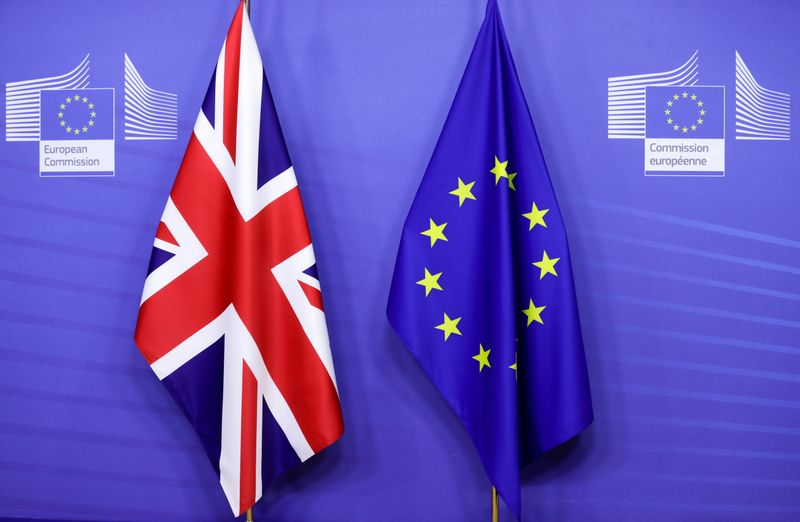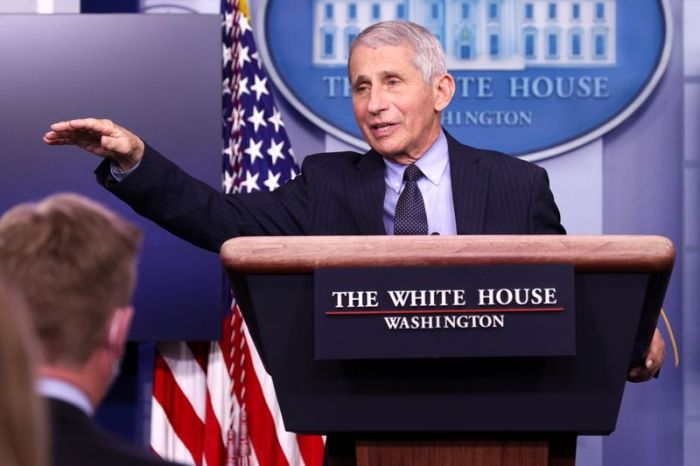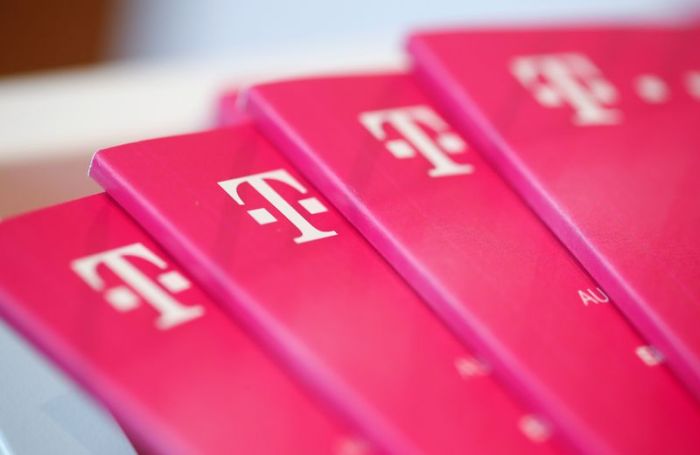LONDON (Reuters) – Britain and the European Union are at odds over the British government’s refusal to grant EU representatives’ full diplomatic status in London after Brexit.
An EU member state for 46 years, Britain voted in a 2016 referendum to leave, and completed its tortuous journey out of the bloc on Dec. 31, when Brexit fully took effect.
The BBC reported that the Foreign Office was refusing to grant the same diplomatic status and privileges to EU Ambassador Joao Vale de Almeida and his team as it gives to envoys of countries, on the basis that the EU is not a nation state.
Following the report, Prime Minister Boris Johnson’s spokesman: “The EU, its delegation and staff will receive the privileges and immunities necessary to enable them to carry out their work in the UK effectively.
“It’s a matter of fact that the EU is a collective of nations, but it’s not a state…in its own right,” he said.
Under the Vienna Convention governing diplomatic relations, envoys representing countries have certain privileges such as immunity from detention and, in some cases, prosecution, as well as tax exemptions.
Representatives of international organisations whose status is not covered by the convention tend to have limited and less clearly defined privileges.
The European Commission, the 27-member bloc’s executive body, said the EU’s 143 delegations around the world had all been granted a status equivalent to that of diplomatic missions of states, and Britain was well aware of the fact.
“Granting reciprocal treatment based on the Vienna Convention on Diplomatic Relations is standard practice between equal partners and we are confident that we can clear this issue with our friends in London in a satisfactory manner,” said Peter Stano, the commission’s spokesman for foreign affairs.
Stano added that when Britain was still an EU member, it had been supportive of the diplomatic status of EU delegations.
“Nothing has changed since the UK’s exit from the European Union to justify any change in stance on the UK’s part,” he said.
A British government source said the issue of the EU delegation’s status was subject to ongoing negotiations.
Former U.S. President Donald Trump’s administration lowered the status of the EU delegation to Washington in January 2019, but later reversed the decision and restored full diplomatic status to it.
(Reporting by Estelle Shirbon and Elizabeth Piper in London and John Chalmers in Brussels; Editing by Michael Holden and Mark Heinrich)
























